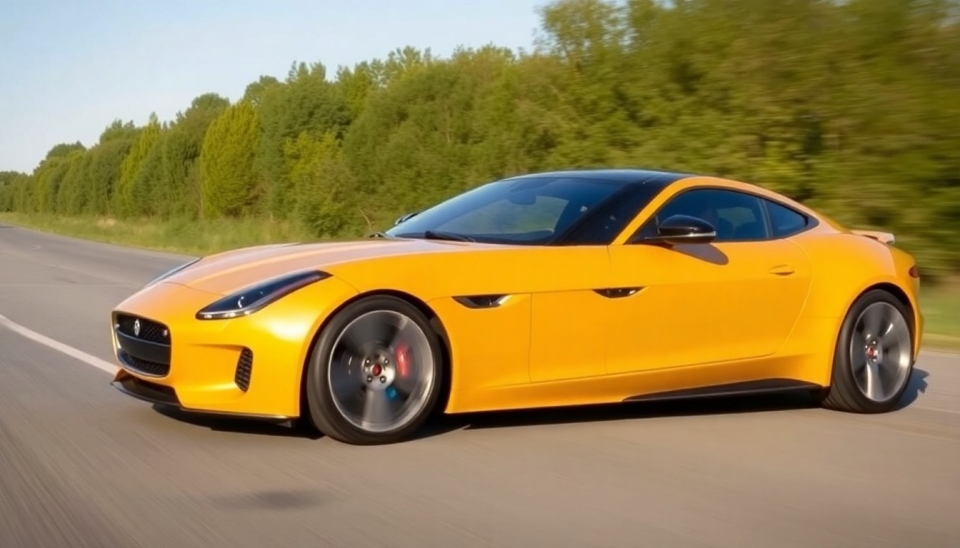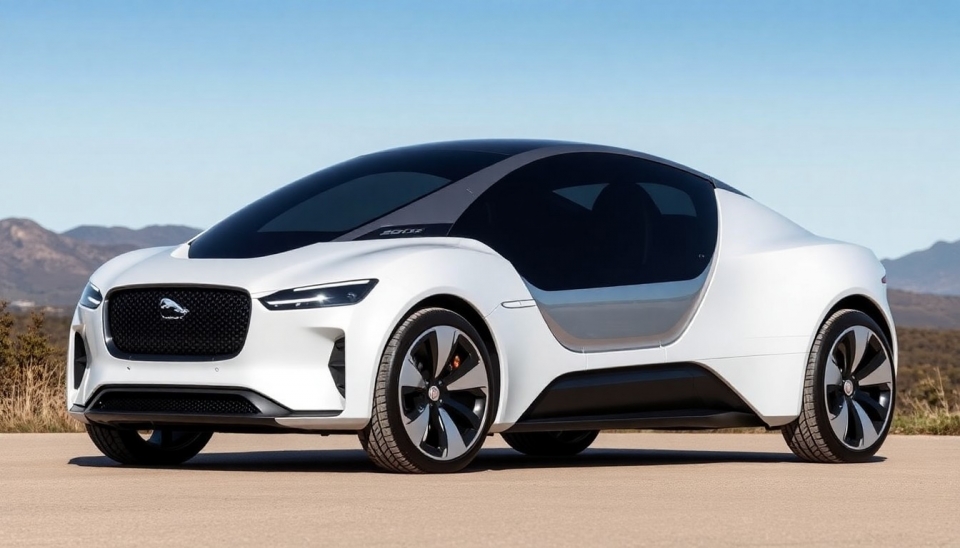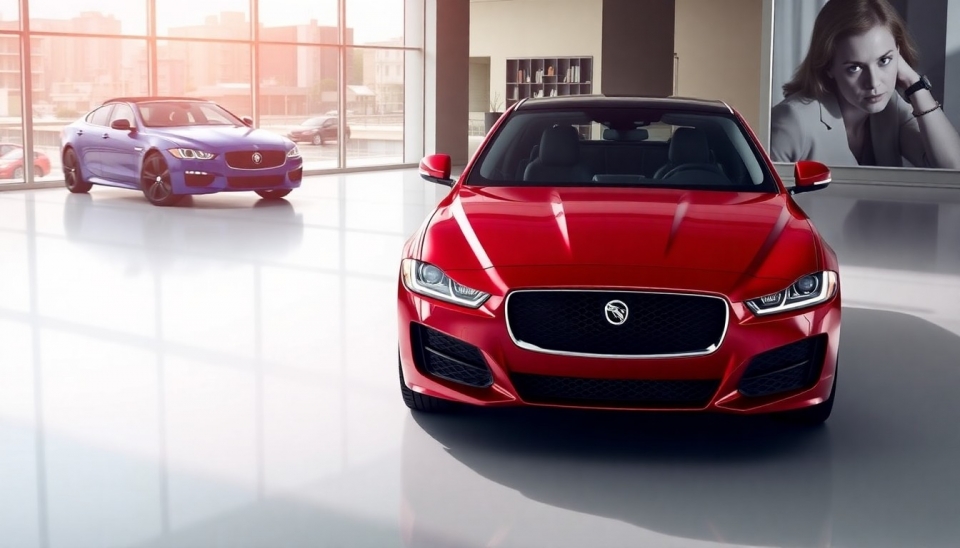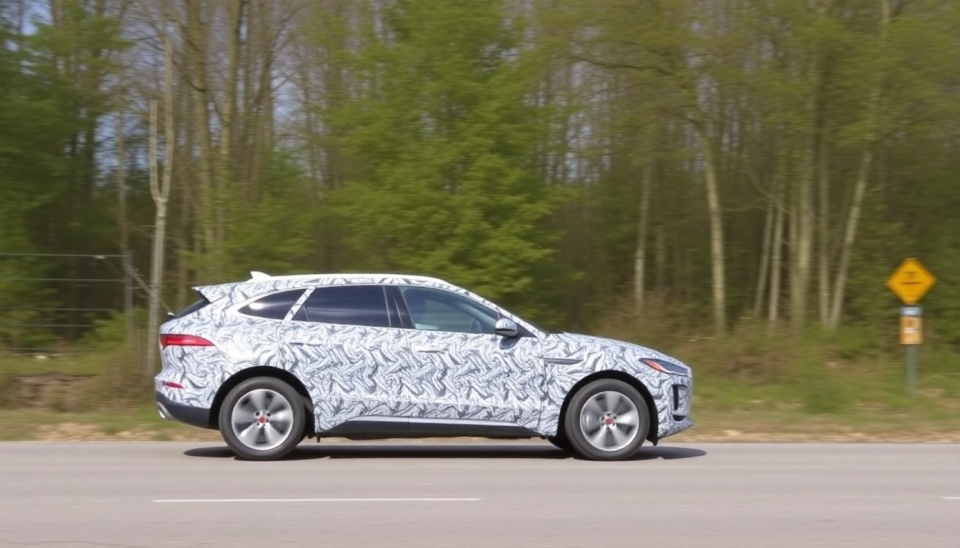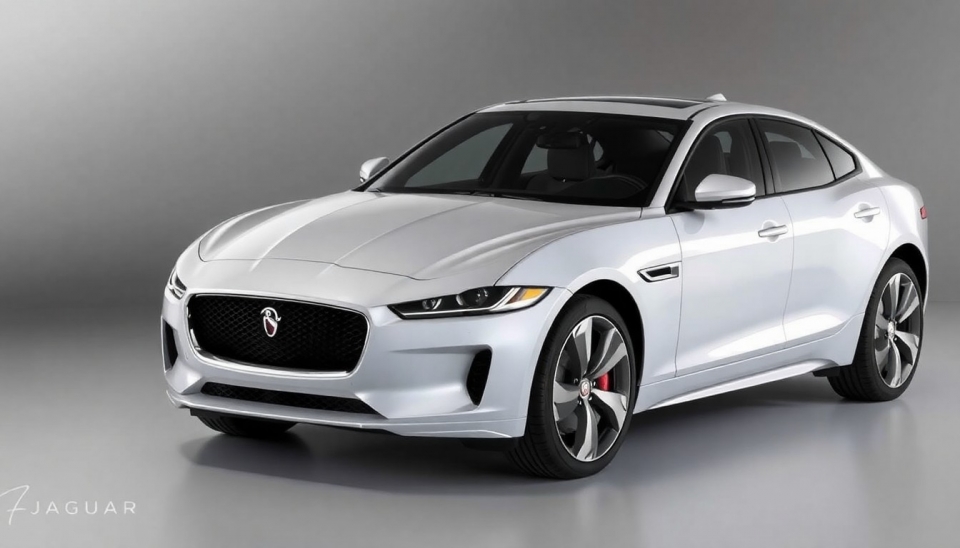Jaguar's Electric Vehicle Transition Faces Significant Challenges
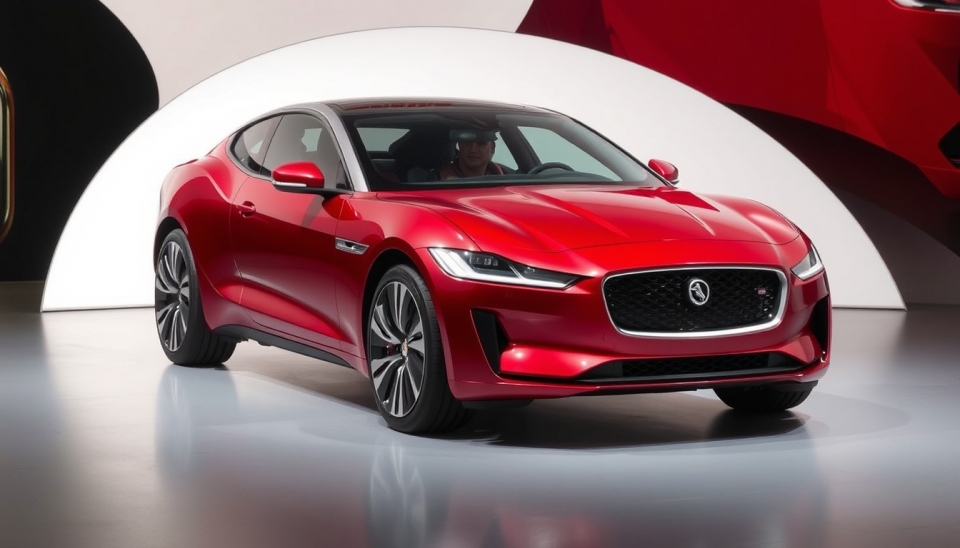
Jaguar, the iconic British luxury car manufacturer, is currently navigating a tumultuous transition towards electric vehicles (EVs), a journey that has been described by insiders as "frustrating." The automotive industry has witnessed a significant shift towards electrification, and Jaguar acknowledges that this transition is essential for its survival in a market increasingly dominated by battery-powered vehicles. However, the company has faced a myriad of obstacles and delays that are hindering its progress.
One of the primary issues plaguing Jaguar's EV strategy is the slow rollout of its electric models. Although the company has promised a lineup of fully electric vehicles, only a small number have been introduced to the market so far. This limited availability has raised concerns among consumers and investors regarding Jaguar's competitiveness against other luxury brands that are rapidly expanding their EV offerings.
Additionally, supply chain disruptions and rising costs of raw materials have compounded the challenges faced by the company. As global demand for electric vehicle components surges, Jaguar has struggled to secure the necessary resources to support its production goals. This has led to production delays, further frustrating stakeholders who hope to see a more robust electric lineup from the renowned automaker.
Moreover, Jaguar's parent company, Tata Motors, has recently implemented significant restructuring efforts aimed at streamlining operations and enhancing efficiency. While these measures may ultimately benefit Jaguar's EV ambitions in the long run, they have also created a period of uncertainty and adjustment for the brand. Employees have voiced concerns over job security, which can impact morale and productivity as the company ushers in this new era of electrification.
As the automotive landscape evolves and competition intensifies, Jaguar must overcome these hurdles to establish itself as a leader in the electric vehicle market. The urgency for innovation and swift action has never been more critical, and stakeholders are keenly awaiting signs of progress from the iconic carmaker. The next couple of years will be crucial for Jaguar as it strives to transform its image and meet the growing demands of environmentally conscious consumers.
In summary, Jaguar's transition to electric vehicles is marked by frustration due to slow model rollouts, supply chain issues, and internal restructuring. The coming years will be pivotal in determining whether the storied brand can thrive in the EV market.
#Jaguar #ElectricVehicles #EVTransition #AutomotiveChallenges #TataMotors
